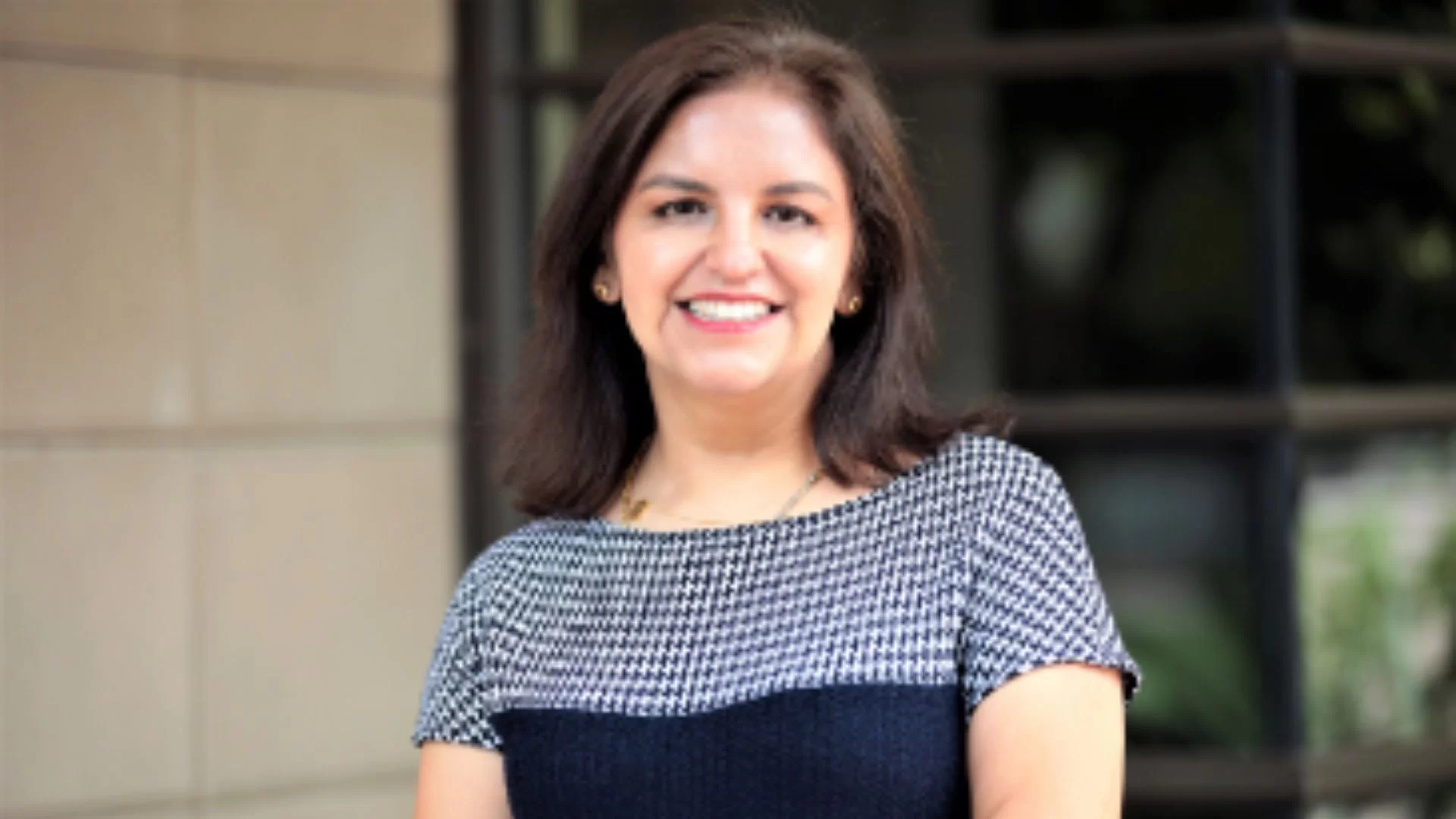A national healthcare policy analyst said “we don’t actually know” if drug discounts are being passed to patients by Pennsylvania hospitals participating in a federal drug discount program.
Established in 1992, the federal 340b program enables eligible hospitals and healthcare organizations to purchase outpatient medications at significantly discounted prices in order to provide those drug discounts to patients in need.
“The real problem is that we don't know if they're making a huge profit, where those profits are going, or if those funds are actually going to care for the low income indigent population,” Naomi Lopez, senior fellow at the Goldwater Institute, told the Grand Canyon Times Podcast. “We're definitely looking at billions of dollars, and we don't actually know because of the lack of transparency and accountability in the program.”
That podcast is available on Spotify and Apple Podcasts.
Health organizations participating in the 340B program can use the savings to fund for essential services and programs, such as free or low-cost medication assistance, expanded access to healthcare, and community outreach initiatives.
Participating organizations, however, “often extend their 340B discounts to clinics in well-off communities, where they can charge privately insured patients more than those on Medicaid,” reported the Wall Street Journal.
“In some cases, the program appears to be bolstering profits in well-off areas more than it is underwriting services in less-privileged neighborhoods,” the Journal article said.
Lopez referenced a September 24, 2022 New York Times article that reported on how much a hospital in Richmond, Va. profited off a cancer drug.
"Thanks to 340B, Richmond Community Hospital can buy a vial of Keytruda, a cancer drug, at the discounted price of $3,444, according to an estimate by Sara Tabatabai, a former researcher at Memorial Sloan Kettering Cancer Center," reported the Times. "But the hospital charges the private insurer Blue Cross Blue Shield more than seven times that price — $25,425, according to a price list that hospitals are required to publish."
"That is nearly $22,000 profit on a single vial. Adults need two vials per treatment course," the article said.
Lopez said this is one example of not knowing where the money is going once health care providers receive their discounts.
"In many cases, we're all getting fleeced and the people that are impacted the worst are those individuals that would benefit, the low income individuals, the indigent population that would benefit from having better access to low cost treatment," said Lopez.
Lopez has worked with the Goldwater Institute, a policy think tank based in Phoenix, Ariz., since 2015. She is also the founder of Nexus Policy Consulting.
She previously worked as the Director of Health Policy at the Illinois Policy Institute, and has also worked with the Pacific Research Institute, the Institute for Socioeconomic Studies, and the Cato Institute.
Lopez graduated from Trinity University and received her Masters in Government from Johns Hopkins University.






 Alerts Sign-up
Alerts Sign-up